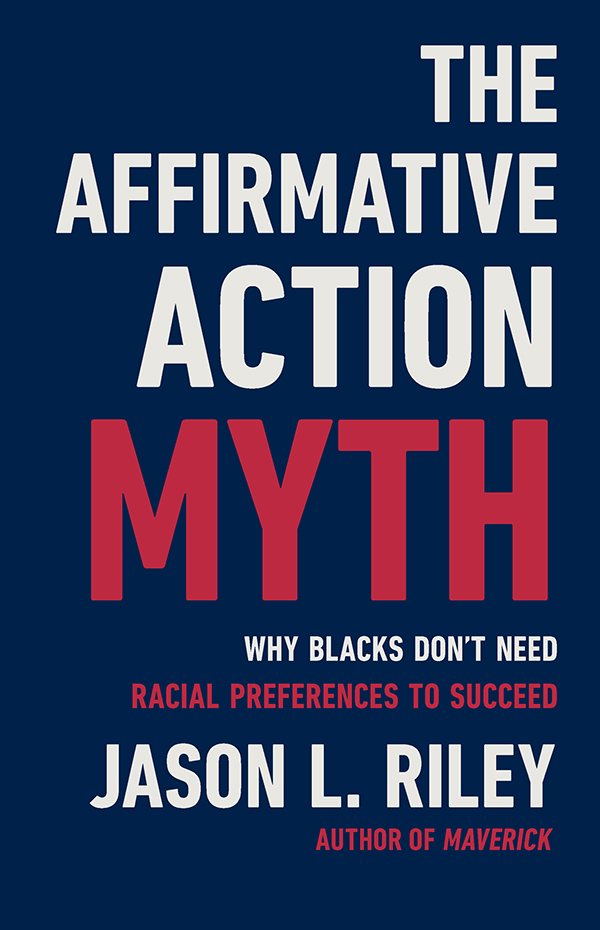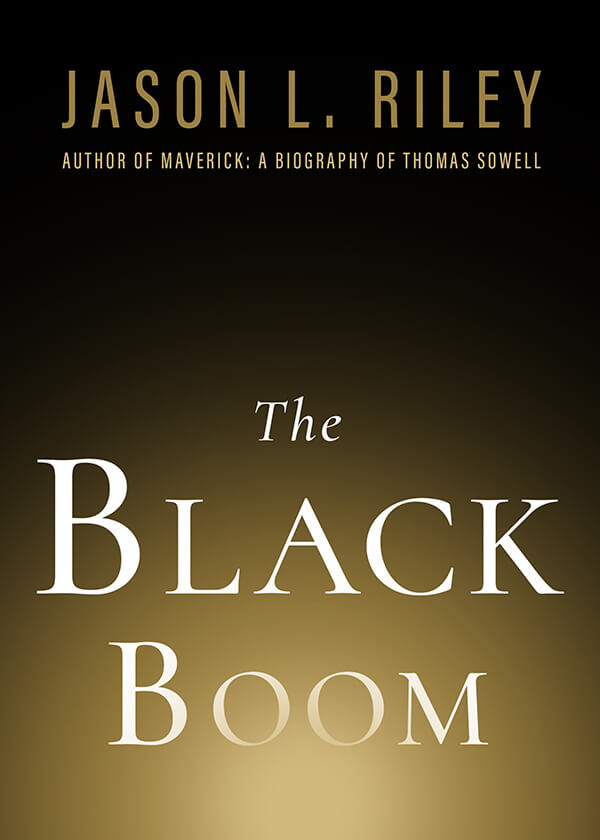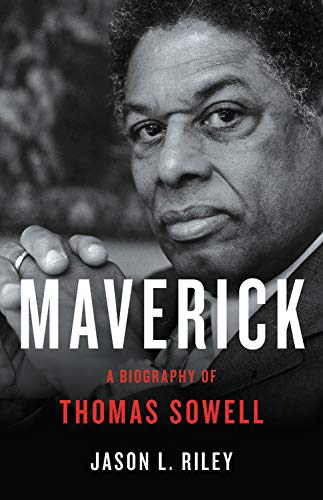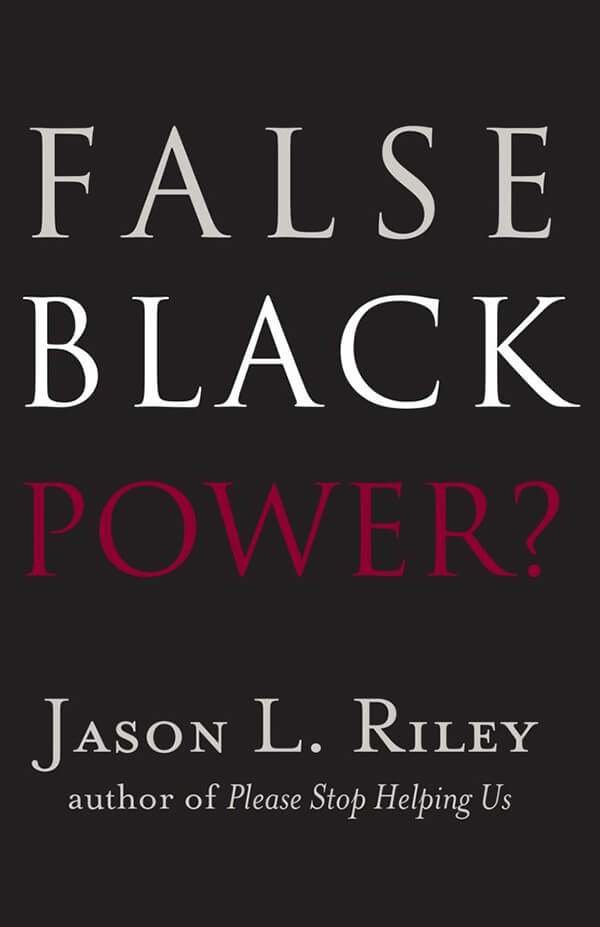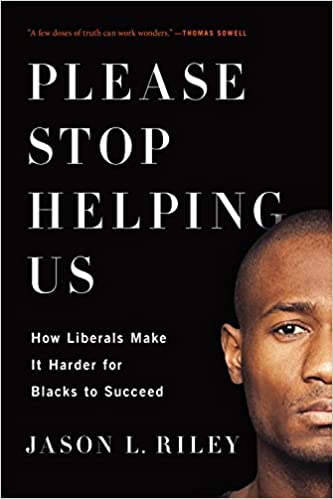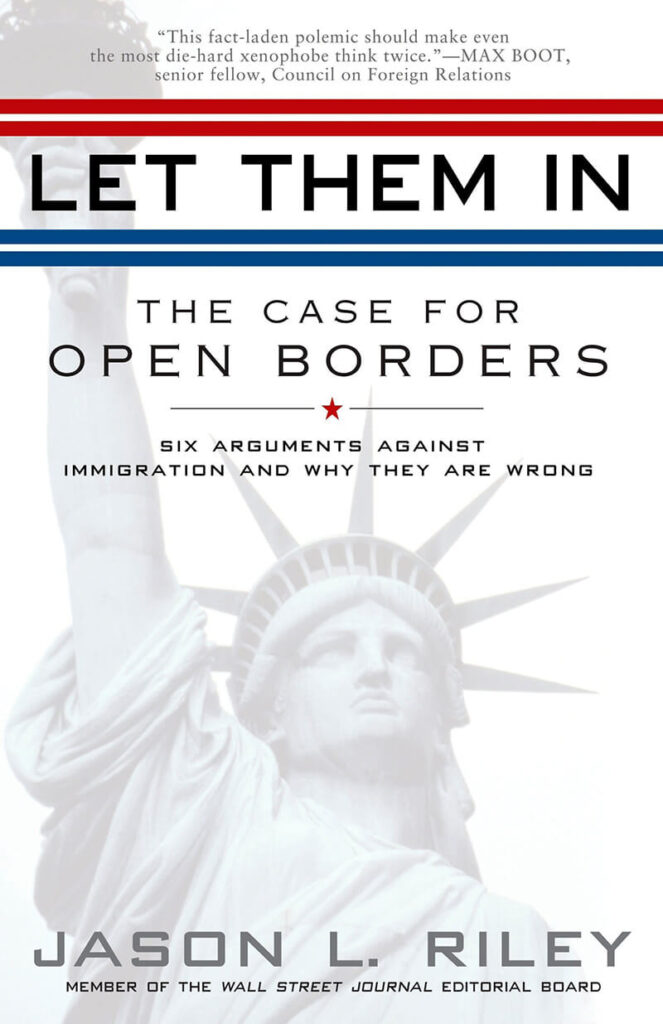Thomas Sowell: Common Sense in a Senseless World
The documentary film, Thomas Sowell: Common Sense in a Senseless World, traces Sowell’s journey from humble beginnings to Stanford University’s Hoover Institution, becoming one of our era’s greatest economists, political philosophers, and prolific authors. Hosted by Jason Riley, the one-hour program features insights from Sowell and interviews with his close friends and associates, revealing why the intensely private Thomas Sowell is considered by many to be “one of the greatest minds of the past half-century.”
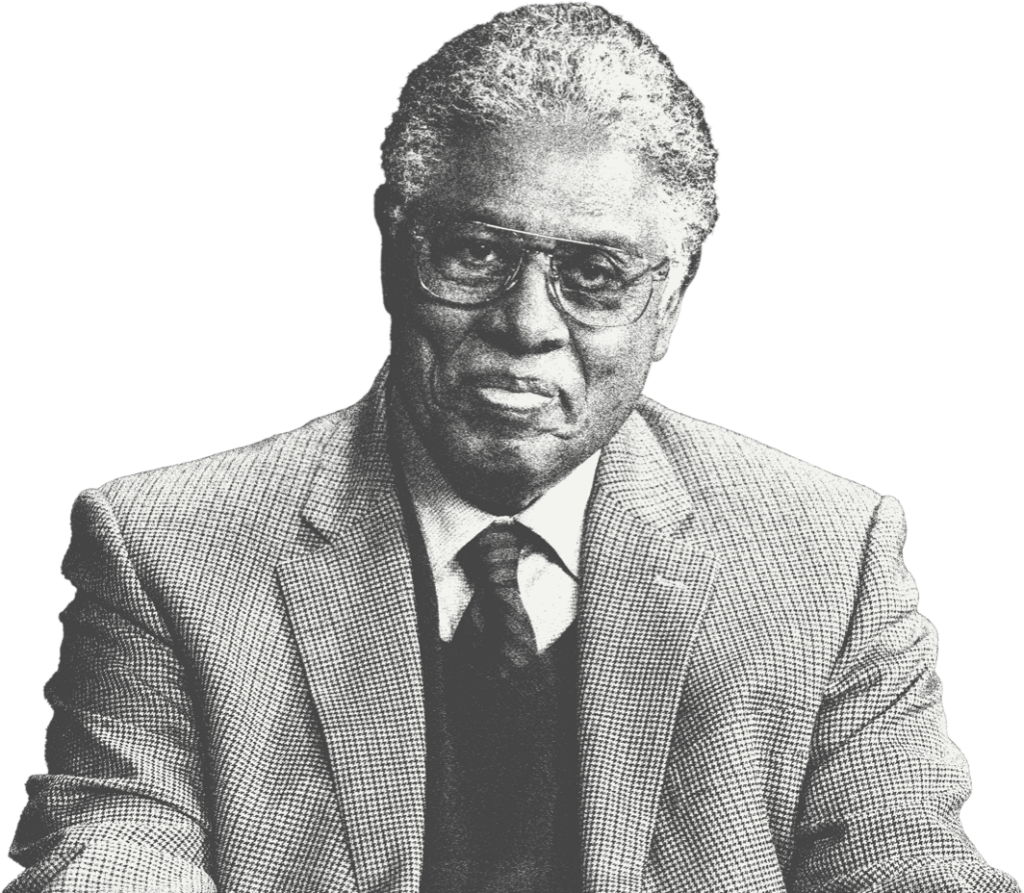
BOOKS
The Affirmative Action Myth
Basic Book, 2025, 288 pages
After the Supreme Court ruled in 2023 that the use of race in college admissions was unconstitutional, many predicted that the black middle class was doomed. One byproduct of a half century of affirmative action is that it has given people the impression that blacks can’t advance without special treatment.
In The Affirmative Action Myth, Jason L. Riley details the neglected history of black achievement without government intervention. Using empirical data, Riley shows how black families lifted themselves out of poverty prior to the racial preference policies of the 1960s and 1970s.
Black incomes, homeownership, and educational attainment were all on the rise in the first two-thirds of the twentieth century and began to stagnate only after affirmative action became the law of the land, tainting black achievement with suspicions of unfair advantage. Countering thinkers who blame white supremacy and systemic racism for today’s racial gaps, Riley offers a more optimistic story of black success without racial favoritism.
The Black Boom
Templeton Press, 2022, 135 pages
Economic inequality continues to be one of the most hotly debated topics in America, but there has been relatively little discussion of the fact that black-white gaps in joblessness, income, poverty, and other measures were shrinking—yes, shrinking–prior to the global pandemic. Why it was happening, and why it received so little attention in the media, is the topic of my new book, The Black Boom.
One of the most underreported stories of the Donald Trump presidency was the extent to which the economic situation of working-class Americans in general—and millions of blacks in particular—had improved before Covid struck. Reporters for the nation’s most prominent news outlets were shocked that Trump was elected and reluctant to give his administration any favorable coverage. As a result, many people are unaware that prior to the global pandemic, black economic advancement under Donald Trump occurred to an extent not only unseen under Barack Obama but unseen going back several generations.
Trump was presented in the mainstream media as a bigot whose policies would harm the interests of racial and ethnic minorities. Yet over the first three years of his presidency, blacks and Hispanics experienced record-low rates of unemployment and record-low rates of poverty, and wages for workers at the bottom rose faster than they did for management.
The Black Boom tells a story that deserves much wider attention, not to score partisan political points but because less racial and economic inequality is something we all want to see. And the reality is that policies in place prior to the pandemic were improving the lives of millions of people.
Maverick
Basic Book, 2021, 272 pages
Thomas Sowell is one of the great social theorists of our age. In a career spanning more than half a century, he has written over thirty books, covering topics from economic history and social inequality to political theory, race, and culture.
His bold and unsentimental assaults on liberal orthodoxy have endeared him to many readers but have also enraged fellow intellectuals, the civil-rights establishment, and much of the mainstream media. As a result, critics preoccupied with political correctness have demeaned, ignored, and downplayed his important contributions. In the first-ever biography of Sowell, Jason L. Riley gives this iconic thinker his due and responds to the detractors, weaving together a striking portrait of a man holding fast to his principles against intense opposition. A bright student with a tumultuous home life, Sowell was admitted to one of New York’s most competitive high schools but dropped out at age 16. He left home a year later and moved into a shelter in the Bronx for homeless boys where he kept a knife under his pillow for protection. Years later, the G.I. bill enabled him to enroll in night school and by 1968, Sowell received his doctorate in economics from the University of Chicago, working under the guidance of future Nobel economists Milton Friedman and George Stigler. In this revelatory and incisive study, Riley delves into Sowell’s life and writings, tracing the events and influences that shaped his ideas and resulted in a black orphan from the Jim Crow South becoming one of our foremost public intellectuals.
False Black Power?
Templeton Press, 2017, 122 pages
institutions, and seldom has that strategy been questioned. In False Black Power?, Wall Street Journal columnist Jason L. Riley takes an honest, factual look at why increased black political power has not paid off in ways that the civil rights leadership promised.
Recent decades have witnessed a proliferation of black elected officials, culminating in the historic presidency of Barack Obama. However, racial gaps in employment, income, homeownership, academic achievement, and other measures not only continue, but in some cases, have even widened.
elsewhere is that political success has not been necessary or sufficient to facilitate economic advancement. Among blacks, the focus on political capital has resulted in the underdevelopment of cultural capital—values, attitudes, habits—that helped to power upward mobility among other groups. Riley explains why the political strategy of civil rights leaders has left so many blacks behind. The key to black economic advancement today is overcoming cultural handicaps, not attaining more political power.
Please Stop Helping Us: How Liberals Make It Harder for Blacks to Succeed
Encounter, 2014, 184 pages
Why is it that so many efforts by liberals to lift the black underclass not only fail but often harm the intended beneficiaries?
In “Please Stop Helping Us,” Jason L. Riley examines how well-intentioned welfare programs are in fact holding black Americans back. Minimum-wage laws may lift earnings for people who are already employed, but they price a disproportionate number of blacks out of the labor force. Affirmative action in higher education is intended to address past discrimination, but the result is fewer black college graduates than would otherwise exist. And so it goes with everything from soft-on-crime laws, which make black neighborhoods more dangerous, to policies that limit school choice out of a mistaken belief that charter schools and voucher programs harm the traditional public schools that most low-income students attend.
In theory these efforts are intended to help the poor—and poor minorities in particular. In practice they become massive barriers to moving forward.
“Please Stop Helping Us” lays bare these counterproductive results. People of good will want to see more black socio-economic advancement, but in too many instances the current methods and approaches aren’t working. Acknowledging that is an important first step.
Let Them In: The Case for Open Borders
Gotham, 2008, 256 pages
Talk radio and cable news commentators insist that immigrants are overpopulating the United States, stealing jobs, depressing wages, stretching our social services, filling our prisons, and not assimilating.
Don’t believe it, says Wall Street Journal editorialist Jason Riley. In Let Them In, he puts today’s pitched immigration debate in historical perspective and exposes such claims as overblown when they’re not simply counterfactual. Like the nineteenth century immigrant groups from Europe and Asia, today’s newcomers from Latin America play an essential role in America’s prosperity.
Riley explains how a liberal immigration policy is consistent not only with our traditions and morals but also with a more secure U.S. By providing more legal ways for people to immigrate here to work, we will reduce illegal entries and free up border security resources to concentrate on real threats. But an open-border policy is also in our economic interests. Immigrants, including low-skill immigrants, are a net gain to America. They help facilitate flexible labor markets, which increases overall productivity. Immigrants also keep our workforce younger and stronger than our overseas competitors. The human capital they provide is vital if the U.S. is to retain its edge in a twenty-first-century global marketplace.
Ultimately, open immigration is an American tradition that has served us quite well over the past two centuries and should continue. Today’s migrants aren’t different, just newer. We seal the border at our peril.
